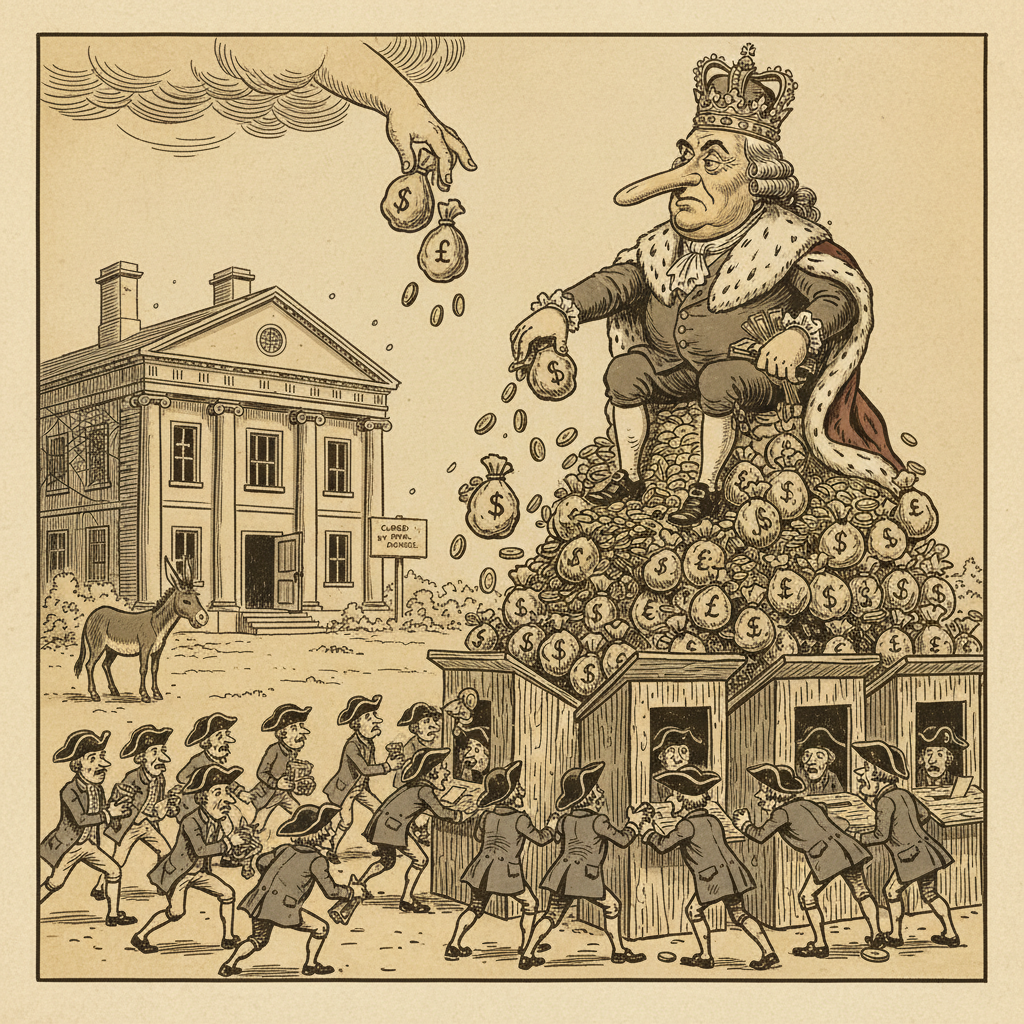Former President Donald J. Trump's extensive financial commitment to state-level electoral contests in Virginia and New Jersey has captured significant attention across the political spectrum, sparking debate over its implications for local governance.
Details:
- President Donald J. Trump has reportedly invested millions of dollars into key gubernatorial and legislative races within Virginia and New Jersey.
- These substantial disbursements emanate directly from a national political figure, effectively bypassing the traditional local fundraising mechanisms and established state party structures that historically reflect regional sentiment.
- The financial might deployed from a distant political center challenges the foundational premise that provincial elections are primarily determined by the consent and contributions of local constituencies.
- This creates a system where local candidates' viability increasingly depends on external metropolitan endorsement rather than grassroots support.
- The sheer scale of the funding infusion raises questions about the autonomy of state governance, reminiscent of distant imperial decrees affecting local affairs.
Why it Matters:
The unprecedented financial intervention by a national figure into state-level contests fundamentally redefines the relationship between central power and local sovereignty. This echoes the very grievances that animated colonial resistance, where the right of local assemblies to govern without external imposition was paramount. John Dickinson’s seminal 'Letters from a Farmer' argued vehemently against such encroachments, and today, the arrival of these funds feels less like a contribution and more like an edict, as if '_JUST PUBLISHED_' from a distant authority, challenging the essence of self-governance. This development highlights a critical contemporary erosion of local democratic integrity, blurring the lines of representation. When state elections can be decisively swayed by wealth originating outside their borders, the notion of citizens electing their own governors and legislators based on local concerns becomes increasingly tenuous, threatening the delicate balance of federalism and the very spirit of popular consent.
